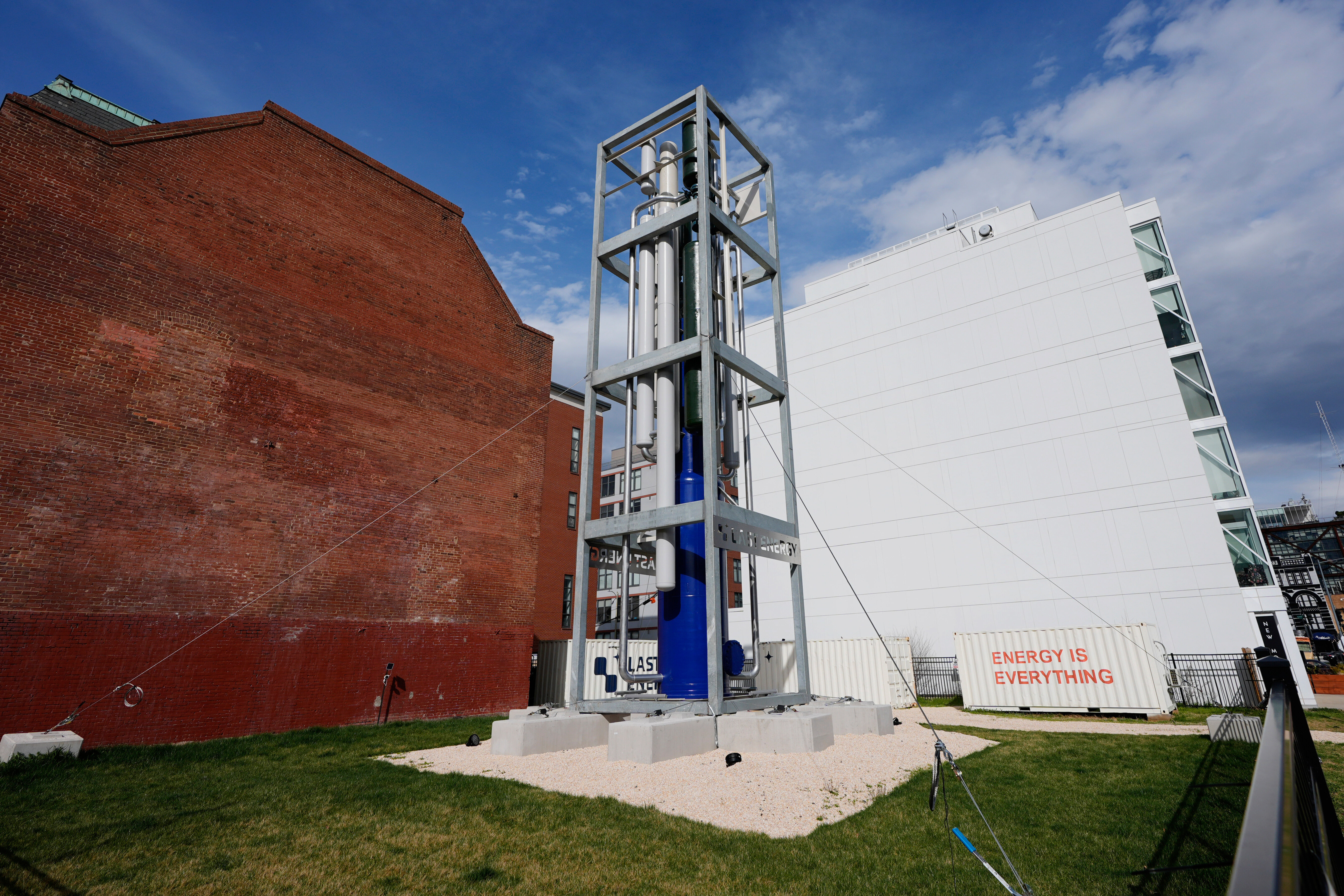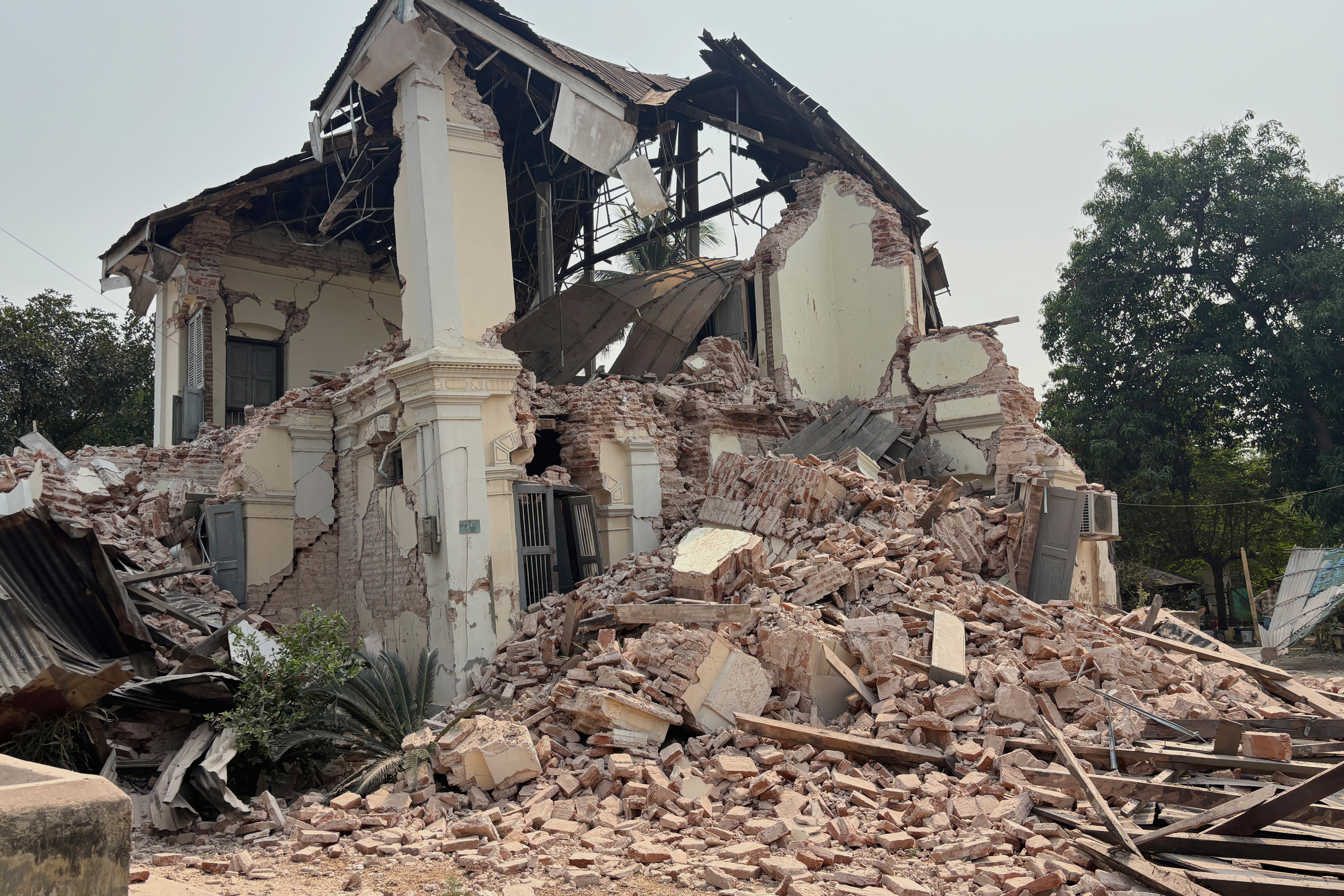Faith leaders attended a new U.S. government program in Dallas Tuesday to provide security training for houses of worship.
About 165 faith leaders attended a new U.S. government program at Dallas FBI Headquarters Tuesday to provide security training for houses of worship.
In a rare interview, Dallas U.S. Attorney John Parker said churches, synagogues and mosques are uniquely vulnerable.
"They want to have a welcoming environment where people can come, and that's at the core of what they do. On the other hand, they have to be very careful about who they let in," Parker said.
Recent incidents highlight the challenge for religious leaders.
Protesters against Islam carrying rifles demonstrated in November outside an Irving mosque.
In June, nine people, including a pastor, were killed by a gunman at a Charleston, S.C., church. The 21-year-old suspect said he was starting a race war.
Faith leaders have to adopt a new kind of planning beyond traditional preparations for fire or weather, according to John Smith, risk management director with the Catholic Diocese of Dallas.
U.S. & World
"The key is to be proactive and plan for it ahead of time and train for it ahead of time, so in the unlikely event something does happen, you're ready and prepared to deal with that situation," Smith said.
The Rev. Neil Cazares-Thomas leads The Cathedral of Hope in Dallas, a church that welcomes people of all sexual preferences.
"When you realize that places of worship have become unsafe places for many, many people that the FBI reaches out to faith leaders, it's an important way in which we can prepare ourselves," said Cazares-Thomas.
The new Texas open carry law exempts houses of worship, but Cazares-Thomas said many gun owners may not know that. He said precautions for houses of worship include measures for buildings and people.
"We certainly have to prepare our ushers and the greeters on our doors to be extra vigilant, which is very sad, that we have to have that kind of vigilance," he said.
An active shooter drill was part of the training for religious leaders Tuesday. The event for religious leaders was closed to the media.
"We're asking them at this session today to talk about the vulnerabilities of their security plan, the things that keep them up at night. And we don't want anything to chill that conversation. We want them to speak openly and freely," Parker said.
The U.S. Attorney intends to repeat the program to expand the training to more religious leaders.
"This is to get them started. They'll go back to their places of worship and they'll develop security committees and protocols to, not fortify their places of worship necessarily, but make them more secure," Parker said.



